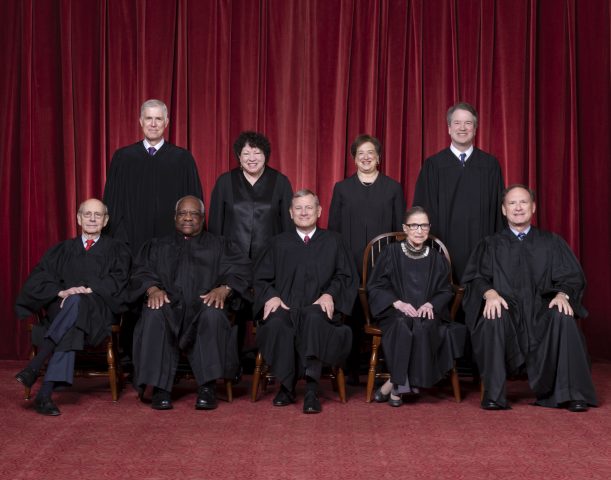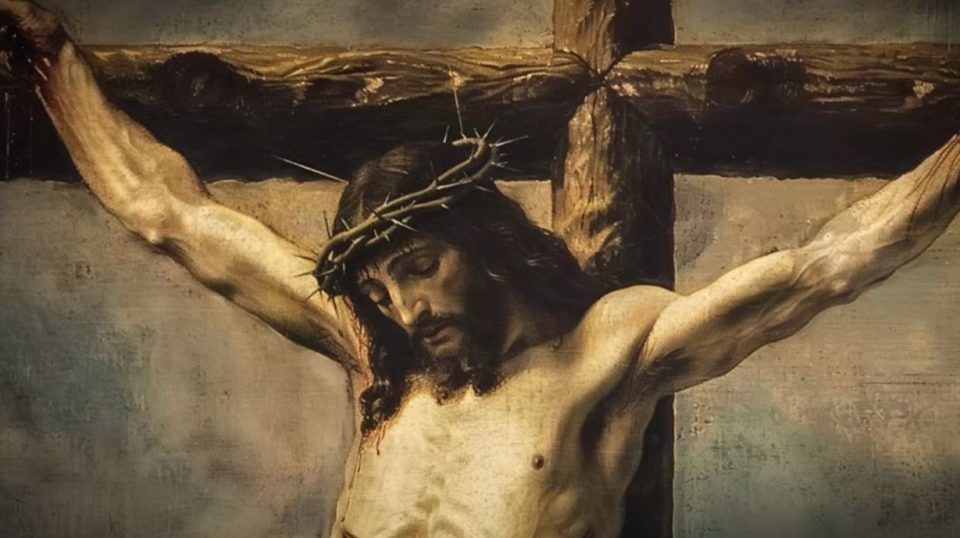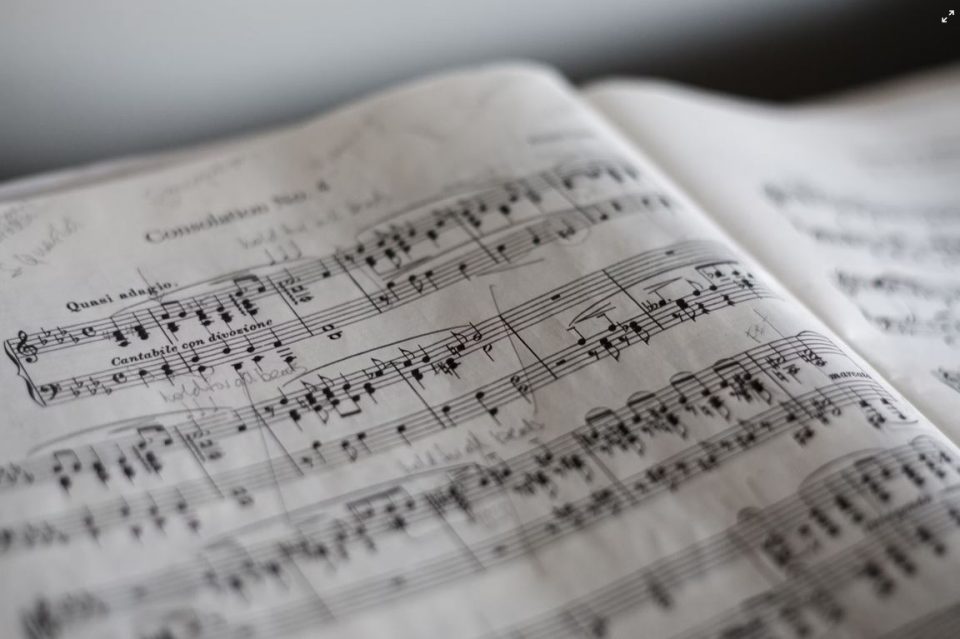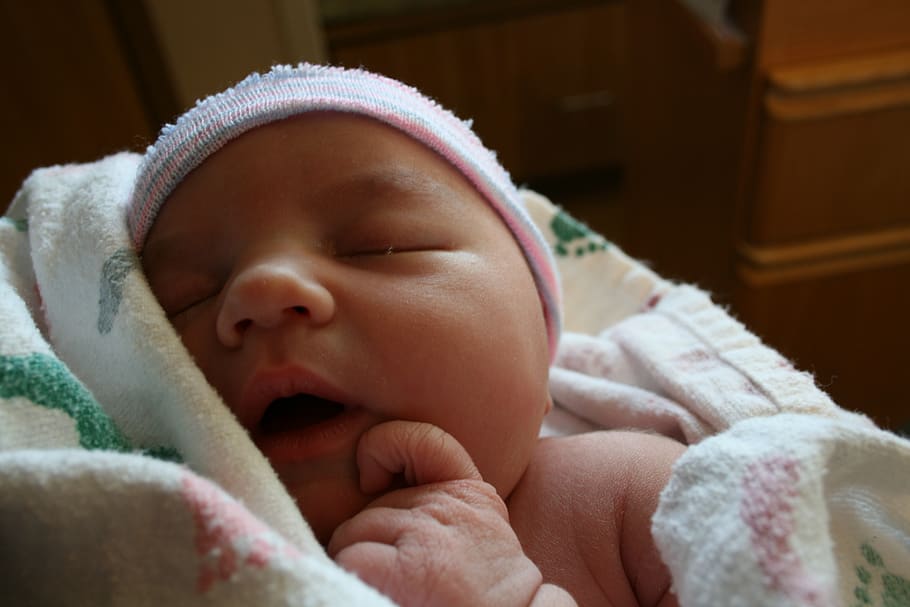By Matthew J. Franck, Wall Street Journal, Oct. 8, 2020
Mr. Franck is associate director of the James Madison Program in American Ideals and Institutions, and lecturer in politics, at Princeton University.
‘The conclusion one draws is that the dogma lives loudly within you. And that’s of concern.” So said Sen. Dianne Feinstein to Amy Coney Barrett during her confirmation hearings for a seat on the Seventh Circuit Court of Appeals in 2017. Brian Buescher, now a federal district judge in Nebraska, faced similar questioning in 2018 from Sen. Mazie Hirono and Sen. Kamala Harris, who asked him to distance himself from the Knights of Columbus, a Catholic men’s fraternal and charitable organization, because the Knights have devoted some of their resources to political causes such as opposition to abortion and same-sex marriage.
Many people, and not just Catholics, see anti-Catholic bigotry at work here. But that’s not primarily what’s going on. The politicians pressing these judicial nominees are heavily invested in the positions their party has taken on key constitutional questions. When they encounter judicial nominees who have expressed skepticism about the constitutional basis of those positions, they are willing to throw everything at them, including the insinuation that Catholic nominees’ legal views may be unduly influenced by their religious faith. …







